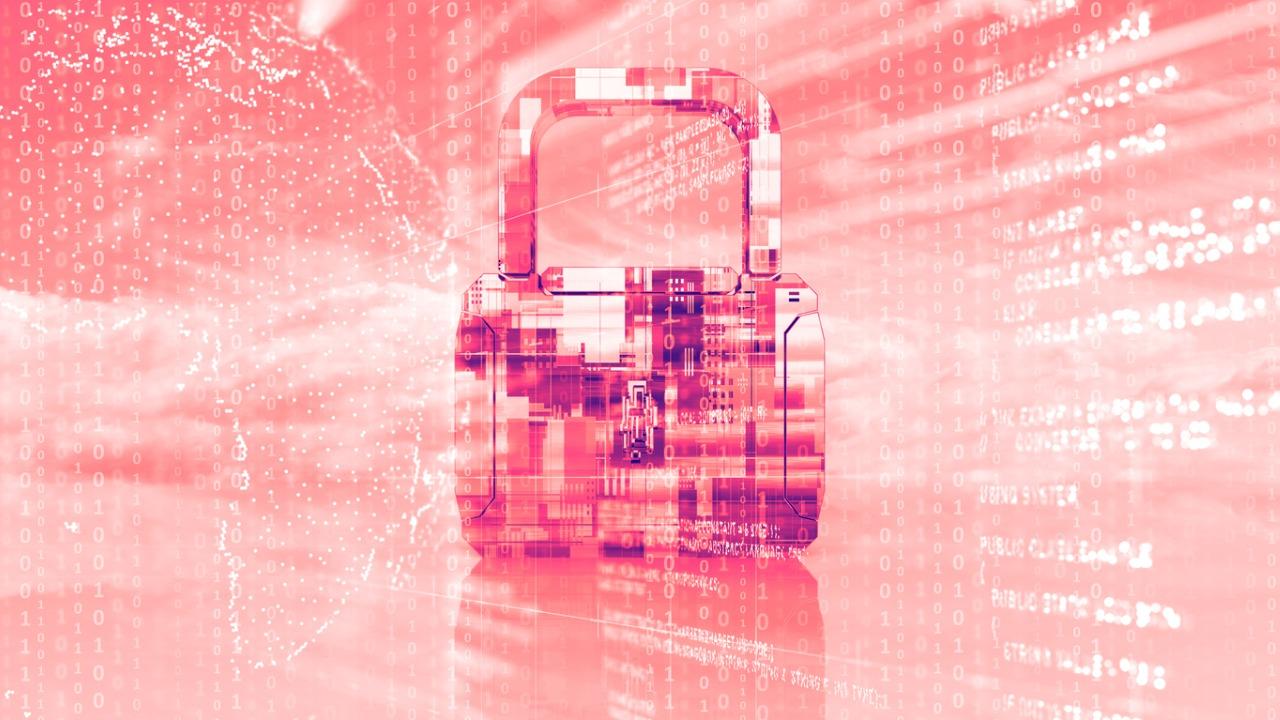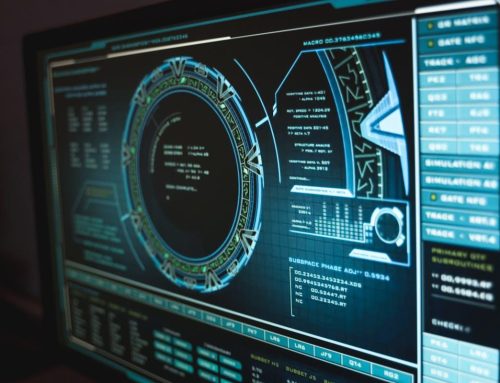In a blockchain, users share ownership and administration of the network through computer nodes, making it a decentralized and distributed data network (ledger). Blockchain acts as a digital database that stores data.
Data is stored in blocks using blockchain technology, which links the blocks together to form a chain. When a block is full to its designated capacity, it closes and is connected to the block before it. Following the completion of the previous block, any additional data is collected into a brand-new block and added to the chain.
For playing a crucial part in cryptocurrency systems like Bitcoin, blockchain is well-known. It keeps a secure, decentralized log of cryptocurrency transactions. Blockchain can therefore eliminate the need for a third party and ensure the accuracy and security of data records.
Benefits of Blockchain vs Non-Blockchain Database
- Immutability is supported by blockchain, which means that recorded data cannot be erased or replaced. As a result, the blockchain prevents tampering with data within the network. Immutability does not exist in traditional data.
The traditional database employs CRUD (create, read, update, and delete) at the primary level to ensure proper application operation, and the CRUD paradigm allows for simple data erasure and replacement. Such information is vulnerable to manipulation by rogue administrators or third-party hackers.
- Because blockchain is decentralized, any network member can validate data recorded in the blockchain. As a result, the public can have faith in the network.
A typical database, on the other hand, is centralized and does not permit transparency. Users cannot independently check information, and the management only makes a subset of data available to the public. Individuals, however, are unable to verify the data.
- Because it is not controlled by a single entity, blockchain technology is free of censorship. As a result, no single authority (including governments) can disrupt the network’s operation.
Meanwhile, traditional databases have central authorities that regulate network operation and have the authority to censor. Banks, for example, can suspend users’ accounts.
- Blockchain establishes an unchangeable audit record that makes it simple to trace network changes.
Traditional databases do not ensure a persistent trail since they are neither transparent nor immutable.
Blockchain’s Drawbacks
- Blockchain technology performs more operations than a standard database, hence it is significantly slower. It begins by performing signature verification, which entails cryptographically signing transactions. Additionally, a consensus process is used by blockchain to validate transactions. The transaction throughput of some consensus systems, such as proof of work, is poor. Redundancy is the last type of redundancy, where each node in the network is required to validate and store every transaction.
- In comparison to a conventional database, blockchain is more expensive. Businesses must also properly design and carry out the integration of blockchain into their workflow.
- Data that has already been recorded using blockchain technology cannot be easily changed; to do so, all of the blocks’ codes must be rewritten, which takes time and money. This feature’s drawback is that it is challenging to fix errors or make necessary adjustments.
With regard to needs, one solution does not apply to all, and this is also true with blockchain technology. Although Web3 and blockchain are generating a lot of industry noise, and many firms are attempting to switch from Web 2.0 to Web3, this is not a simple “lift-and-shift” sort of solution. Businesses should exercise due diligence and conduct in-depth analyses to determine whether blockchain technology meets their needs, and then plan the creation of or migration to Web3 in accordance with that determination.
Los Angeles Software Developers has the best in blockchain developers. Contact us today to discuss your blockchain project!




